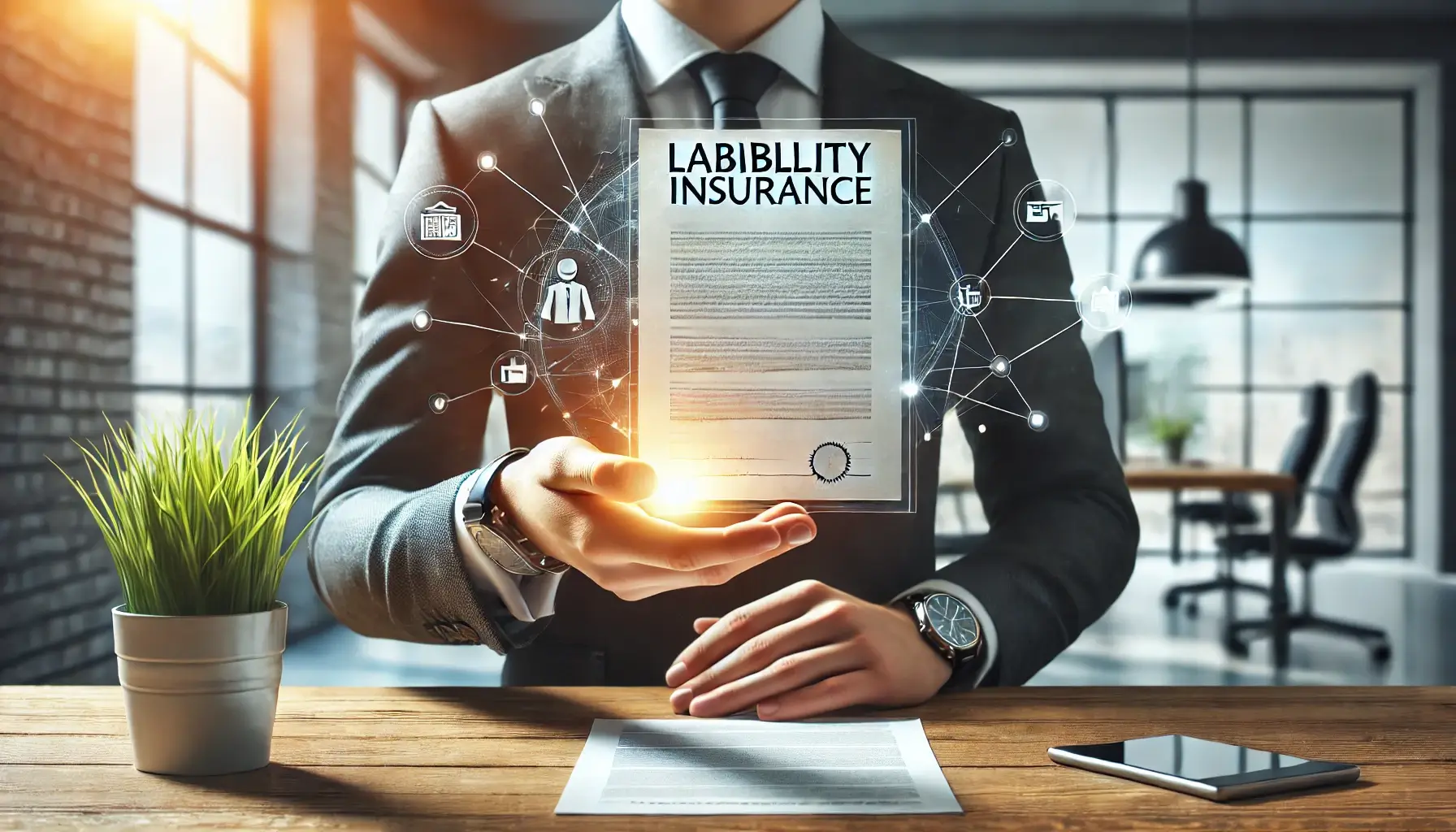Discover the formula for wealth with us — join the discussion! 👉【invest36.com】👈
Understanding Small Business Insurance Needs: A Beginner’s Guide
Starting a small business is an exciting adventure, but it also comes with its fair share of risks. To protect your hard work and investment, understanding your small business insurance needs is crucial. Think of insurance as a safety net— it helps you manage potential financial losses due to unforeseen events. Let’s break down the various types of coverage you might need to consider, so you can confidently navigate this essential aspect of running your business.
1. General Liability Insurance
One of the foundational types of small business insurance is general liability insurance. This coverage protects you from claims related to bodily injury, property damage, and personal injury that could occur in the course of your business operations. For instance, if a customer slips and falls in your store, general liability insurance can cover the medical costs and any legal fees associated with the incident. It’s often a good first step for new business owners to secure this essential coverage.
2. Property Insurance
If you own or lease a physical space for your business, property insurance is another critical coverage. This type of insurance protects your business assets, such as equipment, inventory, and the building itself, from risks like theft, fire, or natural disasters. Even if you’re running a home-based business, consider securing property insurance to cover your business equipment and supplies.
3. Workers’ Compensation Insurance
If you have employees, workers’ compensation insurance is often required by law in most states. This insurance provides coverage for medical expenses and lost wages if an employee gets injured or becomes ill while on the job. Not only does this protect your workers, but it also shields your business from potential lawsuits related to workplace injuries.
4. Professional Liability Insurance
For businesses that provide services or advice, professional liability insurance—sometimes called errors and omissions insurance—is essential. This coverage protects your business from claims of negligence, misrepresentation, or failure to deliver services as promised. If your service leads to a client’s financial loss, this insurance can help cover legal fees and settlements.
5. Business Interruption Insurance
What happens if a disaster forces you to close your doors temporarily? Business interruption insurance can help cover lost income and expenses during unexpected shutdowns, ensuring your business can recover without facing severe financial strain. This can be particularly important for small businesses that rely on steady cash flow.
Next Steps
As a small business owner, it’s vital to assess your unique needs and risks to determine the right insurance coverage for you. Speak with an insurance agent who understands the specific challenges of your industry to develop a tailored plan. Remember, investing in the right insurance can save you from significant financial distress down the line.
By prioritizing your small business insurance needs, you’ll be taking a proactive step toward ensuring your business’s longevity and success.
🌟 Discover the formula for wealth with us — join the discussion! 👉【invest36.com】👈 🌟
